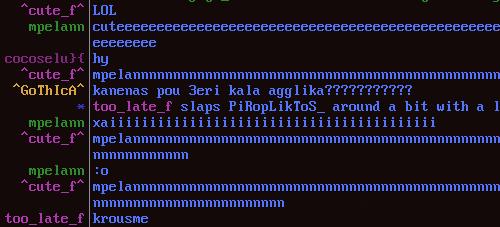With the recent news of Sun Microsystems buying MySQL AB for one billion dollars (insert Dr.Evil’s evil laugh here), I hear plenty calling Sun the largest contributor to open source. I beg to differ.
Sun is doing a lot for open source, there is no argument about it, and whatever they do is much appreciated. But calling them the largest contributor to open source, is a little bit too far fetched, I think. First of all, let’s see what we are talking about. Here is the list of open source stuff from Sun (according to their open source initiative page):
- Solaris Enterprise System / OpenSolaris
- Linux from Sun
- StarOffice / OpenOffice.org
- NetBeans
- OpenSPARC
- Java
That’s something, but doesn’t qualify for the number one contributor. First of all, these are mostly Sun’s own offerings. Secondly, some of these (Java and OpenSolaris) have been opened to be saved. They were open when it was pretty much obvious to everyone that if they are not, they aren’t going to last very long. Or, at least, they won’t prosper as they should. Thirdly, the effort that was put in some of these (StarOffice / OpenOffice.org) by Sun isn’t all that impressive. I mean, yeah, they bought and opened StarOffice. People jumped on it and started to improve it. And it improved a lot. But it’s still huge, bloated, and clunky, after all these years…
As I said, it’s still appreciated. There is plenty of good in Sun’s open source initiative. But I think there are companies that have done more good to open source than Sun did. I think that IBM did a great deal more. And it did it before anyone else, when open source needed help the most. Then, I think Google has done plenty and is still doing a lot. And, I think it’s not fair at all to forget Red Hat. These guys made a lot of money on open source software, but they were more than willing to share and invest those money back into the community.
